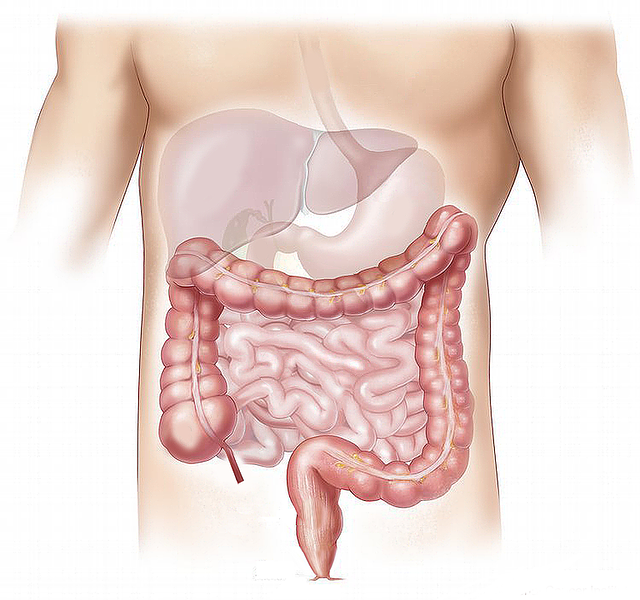TUM is part of an international consortium to investigate colon functions
$7.5 million NIH grant for exploration of the colon

More than a fifth of the world’s population suffers from colon disorders. However, the development of these functional disorders is still largely unexplained, making treatment difficult. In particular, disorders in the innervation of the colon cause diseases such as chronic constipation, irritable bowel syndrome, inflammatory bowel diseases, but also symptoms that occur in spinal cord injuries, Parkinson’s disease, and more frequently in elderly patients. In addition to optimize pharmaceuticals, the research consortium also wants to develop microimplants for the electrostimulation of the intestinal nerves to treat colon dysfunctions. Initial clinical studies show the positive effect of nerve stimulation in patients with Crohn’s disease.
Leading international luminaries are driving this research project forward
A total of eleven internationally recognized experts in the field of neurogastroenterology are collaborating on this NIH-funded project, only two of whom are conducting research outside the USA. Together, they will investigate the mechanisms of nervous control of the colon on a molecular, cellular, and functional level. The research questions will be studied directly on human samples. At the same time, the researchers aim to develop animal models which closely resemble colonic functions in humans in order to improve translation into the clinic.
The task facing the TUM researchers will be to characterize the sensory circuits in the human colon, in particular their role in mucosal functions. The Department of Human Biology specializes in functional examinations and the neuroimaging of samples from the human colon. The researchers have thus established a unique selling point for themselves internationally, which has also been recognized by the NIH.
The spokesperson for the consortium is Professor Yvette Taché from the University of California, Los Angeles. Funding is being provided under the NIH program “Stimulating Peripheral Activity to Relieve Conditions” (SPARC), which is dedicated to research into the control of organ functions by central nervous system and autonomic nerves.
Contact:
Prof. Dr. Michael Schemann
Technical University of Munich
Chair for Human Biology
Phone: +49/8161/71 5483
Mail: schemann@wzw.tum.de